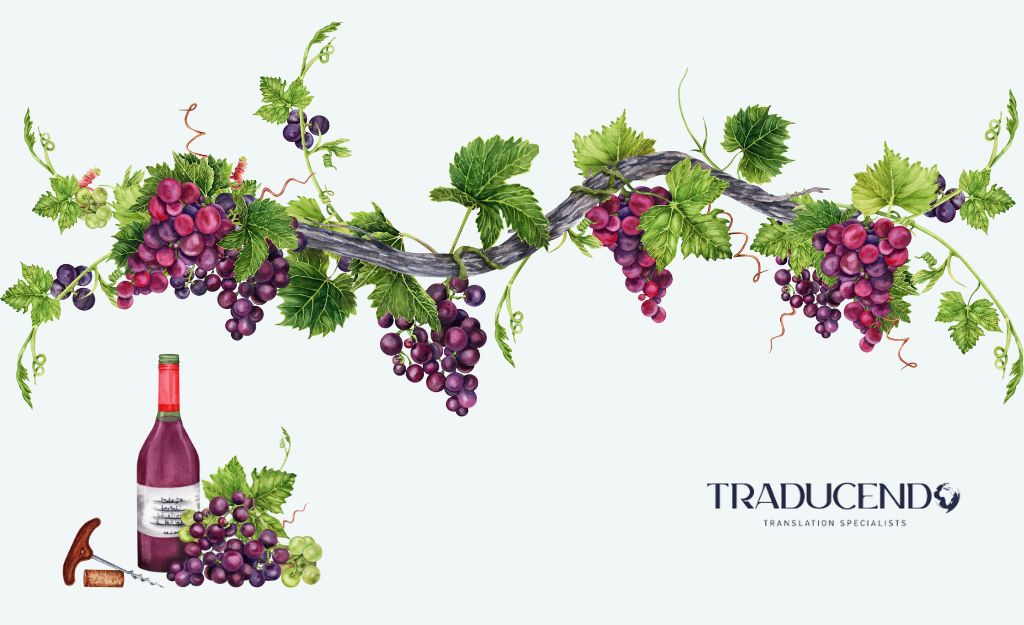This website uses cookies so that we can provide you with the best user experience possible. Cookie information is stored in your browser and performs functions such as recognising you when you return to our website and helping our team to understand which sections of the website you find most interesting and useful.
Exploring the genetic roots of the grapevine: propagation and innovative technologies in the wine world

Although rooted in age-old traditions, the wine industry has undergone a transformation driven by vine genetics, propagation techniques and innovative vineyard technologies.
In this post, we will look at how these trends are affecting the industry, highlighting the importance of specialised translation services to effectively connect to the global players in this ever-evolving industry.
Vine genetics: a look at the origins
Modern viticulture is based on vine genetics. Identifying and understanding grape varieties, their characteristics and their adaptability to different climates has been fundamental for developing quality wines.
Advances in genomic technology have made it possible to decipher the genetic code of the grapevine, giving winegrowers detailed information about their vines.
These genetic discoveries not only help to conserve traditional varieties, ensuring biodiversity conservation, but they also make it possible to create new disease-resistant varieties adapted to changing climate conditions.
Translation agencies specialising in wine genetics play a crucial role by ensuring this knowledge is shared effectively on a global scale, connecting experts and winegrowers from all over the world.
Vine propagation techniques: beyond tradition
Vine propagation techniques have evolved considerably over the years. While traditional propagation using cuttings has been a common practice, new techniques have emerged, such as micropropagation and cloning.
These methods allow the selected varieties to be bred in a more controlled and efficient way, guaranteeing the quality and uniformity of the plants.
In terms of translation, these advanced techniques require precise communication. A specialised translation agency must be able to convey the propagation techniques clearly and technically, ensuring the scientific and agricultural terms will be understood in different languages and regions.
New vineyard technologies: precision viticulture
The technological revolution has left its mark on vineyards, improving production efficiency and quality. From drones that monitor crop status to sensors that measure grape maturity, these innovations provide precise data for more effective management.
Precision viticulture focuses on accurately identifying the characteristics and requirements of each plant and using the most appropriate production techniques. This approach brings benefits in terms of quality and yield and reduces costs and environmental impact.
It is essential to translate manuals, reports and technical guides related to these technologies to ensure they are adopted worldwide. A translation agency must be able to adapt the technical and scientific information to the local content, facilitating the implementation of these tools in different wine regions.
Translation as a bridge in globalised viticulture
Vine genetics, propagation and new technologies are all decisive factors in an increasingly interconnected wine world.
Specialised translation becomes the bridge needed to cross linguistic and cultural barriers, allowing information to flow smoothly between scientists, winegrowers and wine professionals all over the world.
A translation agency that embraces this complexity and has a thorough understanding of the technical details is fundamental to the success and sustainability of the modern wine industry.
Ultimately, the coming together of science, translation and wine practices provides fertile ground for ongoing innovation and growth in this exciting field.
If you are looking for specialised translations for the wine industry, come discover Traducendo and put yourself in the hands of professional translators.

